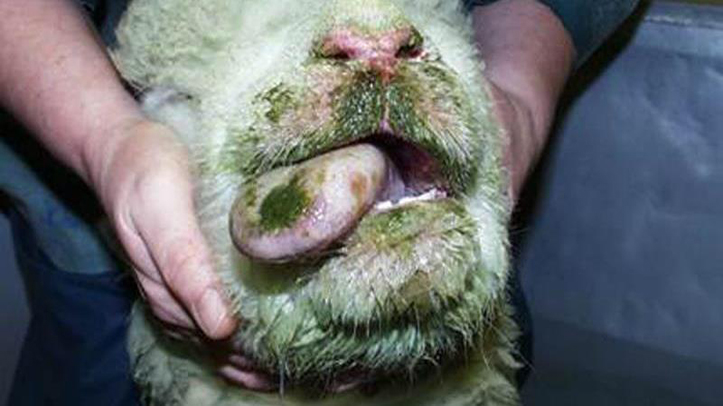A case of the new emerging strain of bluetongue virus (BTV-3) has been confirmed in a single cow on a farm near Canterbury, Kent, following routine surveillance by the Animal and Plant Health Agency (APHA).
Ruminant Health & Welfare (RH&W), the industry group representing the four UK nations , is advising farmers to remain extremely vigilant to the disease. RH&W emphasises the need to follow the legislation on restrictions on animal movements.
The identified animal in question has been culled, to reduce further risks of disease transmission and a 10km temporary control zone has been put in place surrounding the farm, to minimise disease spread while APHA undertakes further investigations to determine if there has been any local transmission.
Legislation is now in place around movement of animals into and out of the control zone.
BTV-3 is a viral disease transmitted by biting midges, which affects all ruminants (eg. sheep, cattle, goats and deer) and camelids (e.g. llamas and alpacas).
This new emerging strain has been spreading rapidly in Europe in recent months, and with no current vaccine for this BTV-3 strain, RH&W’s advice to farmers and their vets remains three-fold.
Farmers need to beware when buying animals in, take action to report any signs, and always, remain vigilant.
Farmers must discuss the risks of importing stock from BTV affected countries, and pre movement testing, with their vet to mitigate risks and avoid buying in or spreading this vector borne disease.
In the UK, bluetongue, including BTV-3, is a notifiable disease, so anyone suspecting the disease must take action and report it to the Animal and Plant Health Agency (APHA).


